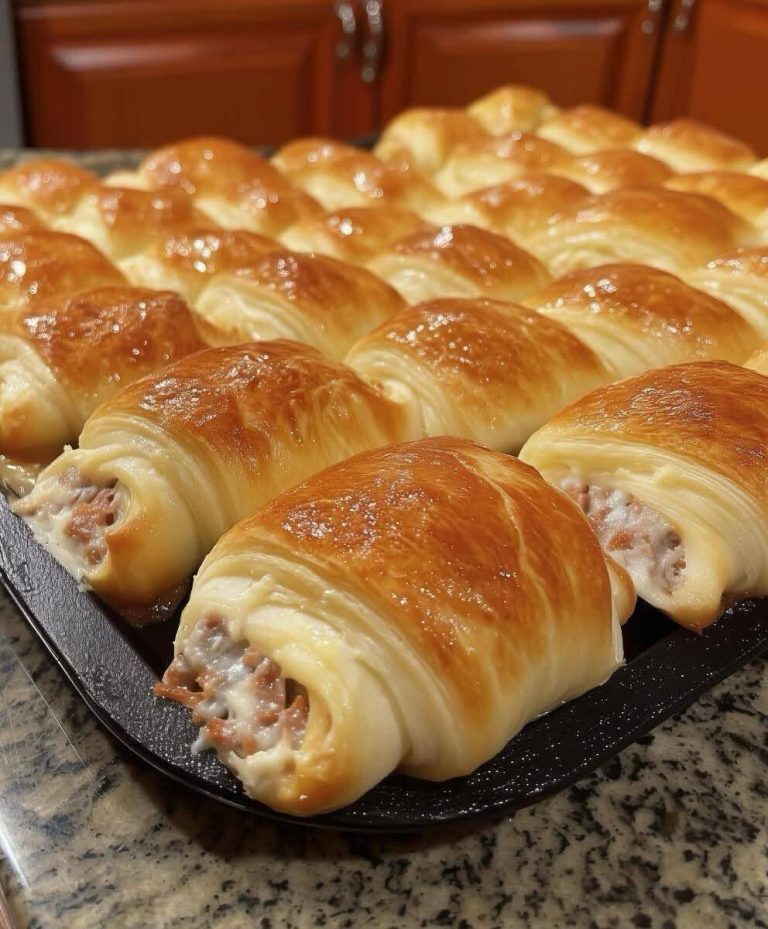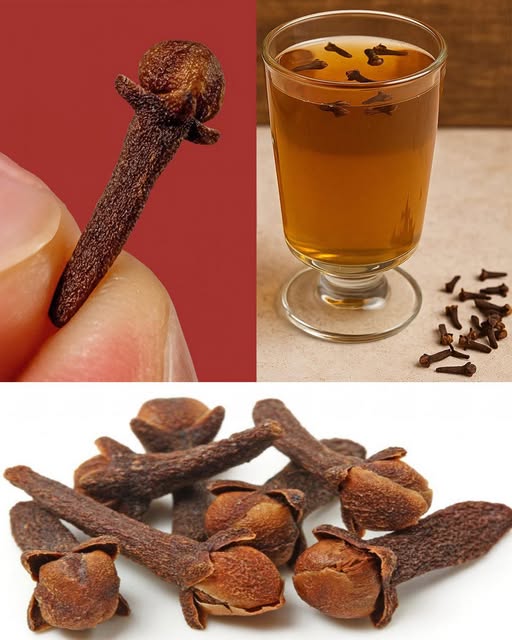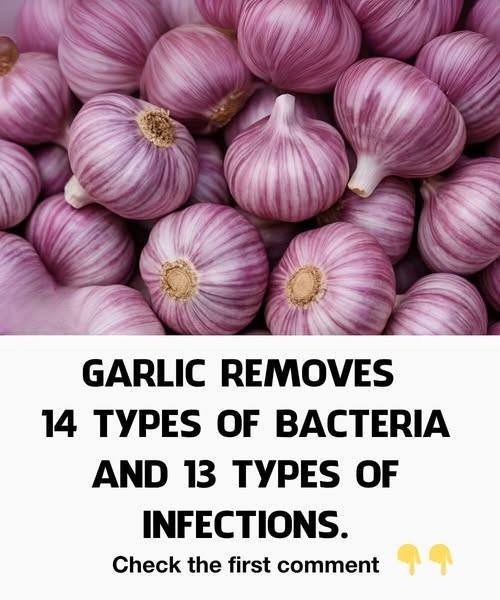
Understanding Stem Cells
Stem cells are unique cells with the remarkable ability to develop into various types of cells within the body. They play a vital role in growth, repair, and the maintenance of tissues. There are two main types of stem cells: embryonic stem cells and adult stem cells. Baby teeth, specifically, are a rich source of a particular type of adult stem cells known as mesenchymal stem cells (MSCs), which can differentiate into several types of cell tissues including bone, cartilage, and fat cells.
Medical Potential of Baby Teeth
Recent advances in medical research have highlighted the medical potential housed within the stem cells of baby teeth. These cells are being studied for their ability to regenerate tissues, treat autoimmune diseases, and even repair damaged organs. The dental pulp inside baby teeth is a viable source of these potent cells, providing opportunities in regenerative medicine and personalized therapies.
Stem Cell Banking: A Safe Practice
Stem cell banking involves the collection, processing, and cryogenic preservation of stem cells for future use. The process is non-invasive and safe. When a child’s baby tooth is loose, it can be collected and sent to a specialized facility where the dental pulp is extracted, and the stem cells are harvested and stored under optimal conditions. These facilities follow stringent guidelines to ensure the viability and safety of the stem cells.
Conditions Treated with Stem Cells from Baby Teeth
Stem cells derived from baby teeth are being used in experimental treatments for a range of conditions including Type 1 diabetes, heart disease, and neurodegenerative disorders like Alzheimer’s and Parkinson’s disease. Furthermore, they show promise in treating spinal cord injuries, bone defects, and certain cancers. Ongoing research continues to expand the list of potential applications.
Ethical Considerations and Controversies
While the use of stem cells from baby teeth is less controversial compared to embryonic stem cells, it still raises some ethical considerations. Issues like the commercialization of biological materials, consent, and the accessibility of such treatments are ongoing discussions within the medical community. However, the general consensus leans towards the ethical acceptance of utilizing stem cells from baby teeth due to their non-invasive and benign collection process.
Practical Tips for Storing Baby Teeth
If you’re considering storing your child’s baby teeth, timing and handling are crucial. Once a baby tooth comes out, it should be kept moist. Placing it in a special preservation solution or even milk can help maintain the viability of the pulp. Promptly sending the tooth to a certified stem cell banking service will ensure successful harvesting and storage. Many companies offer detailed guidelines to help parents through this process.
Parental Testimonials and Success Stories
Numerous parents who have opted to store their children’s baby teeth share overwhelmingly positive experiences. For instance, one parent recounts how their decision provided their child with a potentially life-saving option when faced with a severe medical diagnosis. These testimonials highlight the peace of mind and proactive health security that comes with stem cell banking from baby teeth.
Expert Opinions and Research Findings
Experts in pediatric medicine and stem cell research advocate the potential benefits of storing baby teeth. Various studies have demonstrated the viability and multipotent capabilities of stem cells derived from dental pulp. Researchers continue to investigate and validate new therapeutic applications, consistently finding evidence that supports the utility of these stem cells in innovative treatments.





